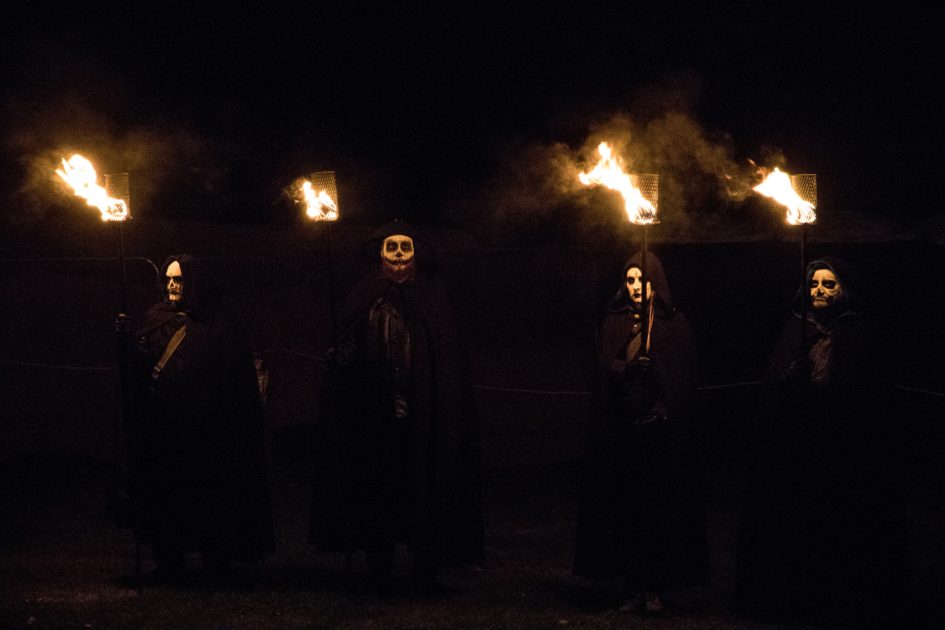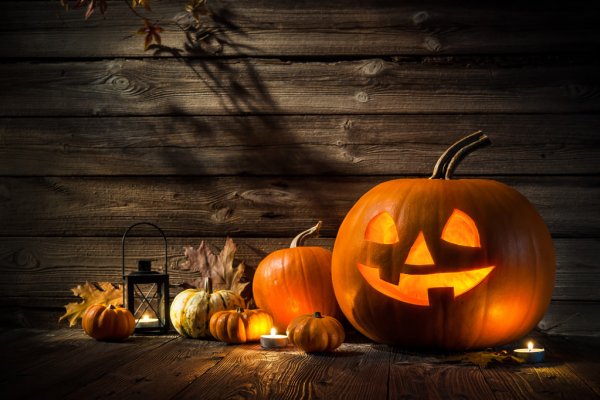Halloween is a very important holiday to most, but many people do not know its origins. So, where did it actually come from?
Before we go into the history of Halloween, let’s talk about what we, as Americans, usually do when celebrating the holiday.
Many Americans will dress up in ghoulish or cute costumes to go door-to-door the night of Halloween. From ghosts, to princesses, and even clowns, there are costumes for almost anything you can think of. Children bring baskets or bags to fill with candy as they yell, “Trick or treat!” at each doorstep.
By the end of the night, kids will go home with tons of candy to indulge in from the spook-tastic event. Most people go trick-or-treating in their own neighborhoods, but some others voyage to the wealthiest neighborhoods for the biggest bars of chocolate possible.
For a lot of people, Halloween is their favorite holiday by far. For others, it may be a bit too spooky and scary, and the darker history behind the holiday explains this well.
According to History.com, Halloween originates from the religious festival of Samhain, celebrated by people who were Celtic. Samhain emphasizes the combination of the physical and spiritual world, and it is typically celebrated from Oct. 31 through Nov. 1.

The Celts believed that spirits would come back to earth on the night of Oct. 31. The spirits would supposedly destroy crops, and aid Celtic priests in making predictions of future events.
The Celtic priests would build bonfires for people to burn different crops or animals to offer them as sacrifices. The Celts also wore costumes that consisted of various animal heads or skin while celebrating the event.
Christianity began to take its hold of Celtic places in the 9th century. Nov. 1 was declared to be a day to honor all saints and martyrs, which later became All-hallows or All-hallomas. Eventually, the holiday evolved into All-Hallows Eve, and then our beloved Halloween.
Christianity began to intertwine with Celtic beliefs, and eventually the Western church chose Nov. 2 to be a holiday to honor dead people. This holiday was referred to as All Souls’ Day.
Different ethnic groups of Europe began to combine with American Indians, and the start of a new meaning for Halloween came to be. The first events revolving around Halloween included publicly celebrating the harvest .
People would tell many stories of dead people, get dressed up, and even give one another predictions about their futures. Sounds kinda familiar, right? Well, these events were directly related to Celtic traditions of Halloween in its earliest origins.
It’s admirable that Halloween evolved into the very holiday that we know and love to celebrate today, and many of us would not have guessed that Celtic roots would have been involved. Who would have thought that Halloween could have emerged from such a dark and ancient history?


